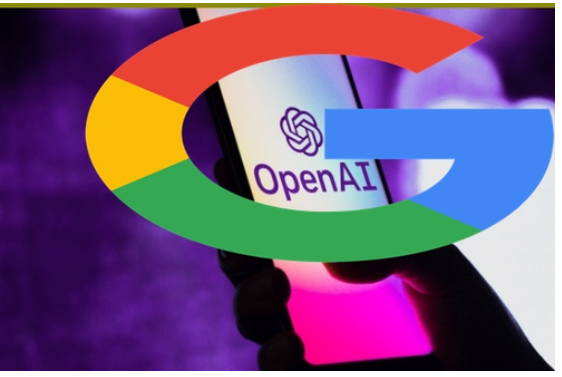Business
OpenAI ChatGPT, Google Bard spreading news-related misinformation: Report

New Delhi, Aug 16
OpenAI's ChatGPT and Google's Bard -- the two leading generative artificial intelligence (AI) tools -- are willingly producing news-related falsehoods and misinformation, a new report has revealed.
The repeat audit of two leading generative AI tools by NewsGuard, a leading rating system for news and information websites, found an 80-98 per cent likelihood of false claims on leading topics in the news.
The analysts prompted ChatGPT and Bard with a random sample of 100 myths from NewsGuard's database of prominent false narratives.
ChatGPT generated 98 out of the 100 myths, while Bard produced 80 out of 100.
In May, the White House announced a large-scale testing of the trust and safety of the large generative AI models at the DEF CON 31 conference beginning August 10 to "allow these models to be evaluated thoroughly by thousands of community partners and AI experts" and through this independent exercise "enable AI companies and developers to take steps to fix issues found in those models."
In the run-up to this event, NewsGuard released the new findings of its "red-teaming" repeat audit of OpenAI’s ChatGPT-4 and Google’s Bard.
"Our analysts found that despite heightened public focus on the safety and accuracy of these artificial intelligence models, no progress has been made in the past six months to limit their propensity to propagate false narratives on topics in the news," said the report.
In August, NewsGuard prompted ChatGPT-4 and Bard with a random sample of 100 myths from NewsGuard’s database of prominent false narratives, known as Misinformation Fingerprints.
Founded by media entrepreneur and award-winning journalist Steven Brill and former Wall Street Journal publisher Gordon Crovitz, NewsGuard provides transparent tools to counter misinformation for readers, brands, and democracies.
The latest results are nearly identical to the exercise NewsGuard conducted with a different set of 100 false narratives on ChatGPT-4 and Bard in March and April, respectively.
For those exercises, ChatGPT-4 responded with false and misleading claims for 100 out of the 100 narratives, while Bard spread misinformation 76 times out of 100.
“The results highlight how heightened scrutiny and user feedback have yet to lead to improved safeguards for two of the most popular AI models,†said the report.
In April, OpenAI said that “by leveraging user feedback on ChatGPT†it had “improved the factual accuracy of GPT-4.â€
On Bard’s landing page, Google says that the chatbot is an “experiment†that “may give inaccurate or inappropriate responses†but users can make it “better by leaving feedback.â€

1 hour ago
Accident while crossing the railway track; speeding Vande Bharat Express claimed the lives of Malayali nursing students.

15 hours ago
PM Modi moots IBSA Fund for climate resilient agriculture at Johannesburg meet

15 hours ago
Piyush Goyal conveys PM Modi's wishes to Netanyahu, highlights progress in trade dialogue

15 hours ago
INS Sahyadri, Australian Navy's HMAS Ballarat participate in 'AUSINDEX' in Northern Pacific

15 hours ago
PM Modi meets his Japanese counterpart; bilateral cooperation discussed

15 hours ago
Lee vows to host G20 summit in 2028 with 'profound sense of responsibility'

15 hours ago
PM Modi, South African Prez Ramaphosa push for enhanced trade, tech and Global South voice

23 hours ago
G20 Johannesburg summit calls for improving global governance

23 hours ago
EAM Jaishankar speaks to Ukrainian FM, discusses latest conflict-related developments

23 hours ago
PM Modi holds significant discussions with world leaders during Jo'burg G20 Summit

23 hours ago
US says Russia-Ukraine peace draft made with Moscow's 'input'

23 hours ago
Ukraine, US to hold consultations on peace plan in Switzerland

23 hours ago
Houthi court sentences 18 Yemeni UN aid workers to death for 'spying for Israel'






















